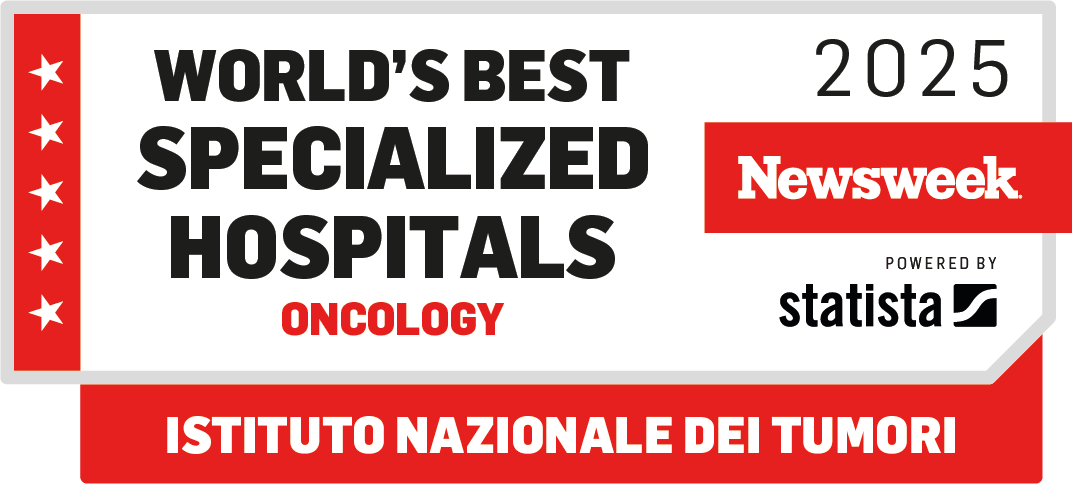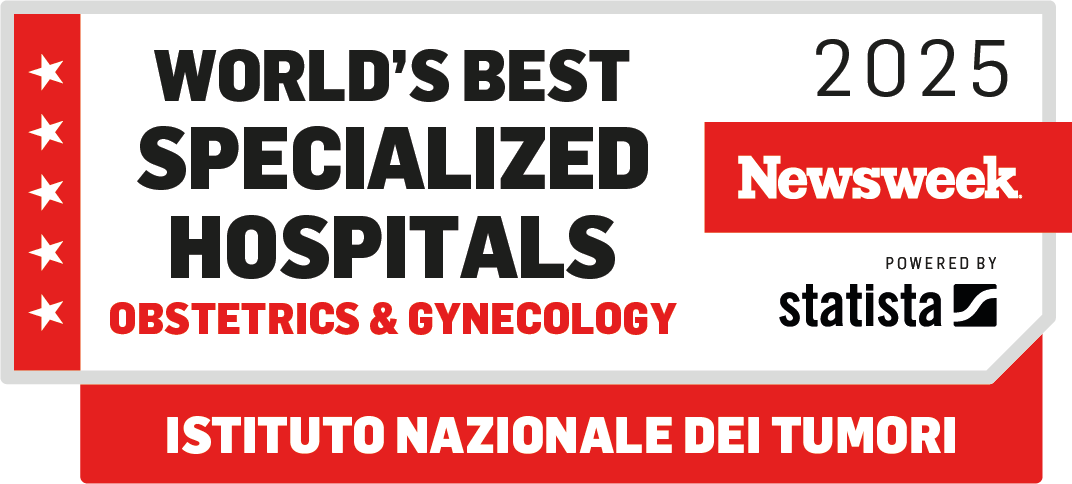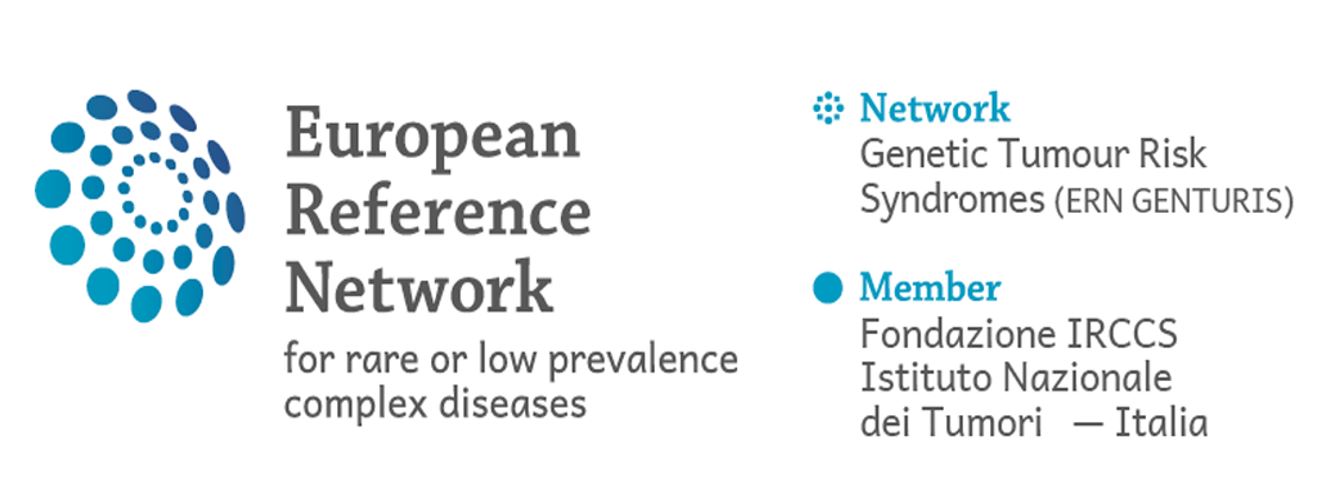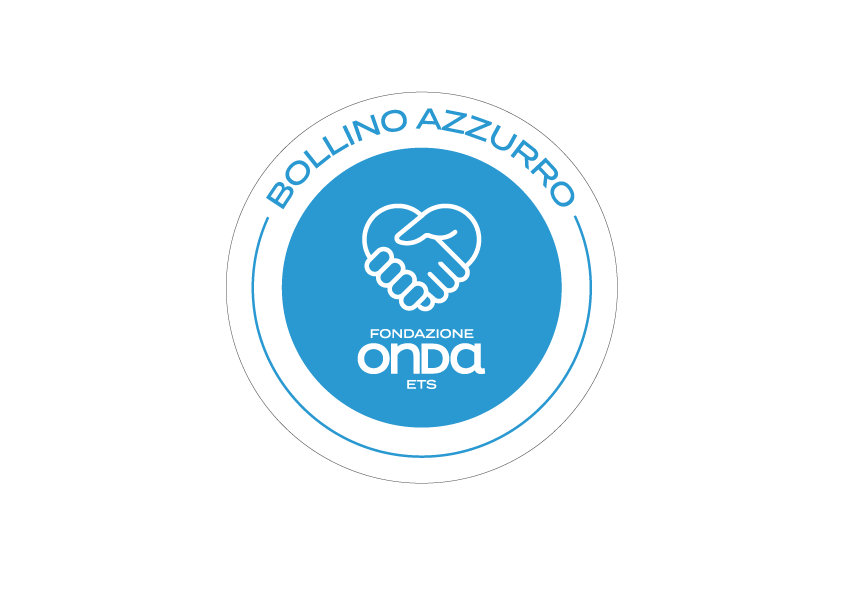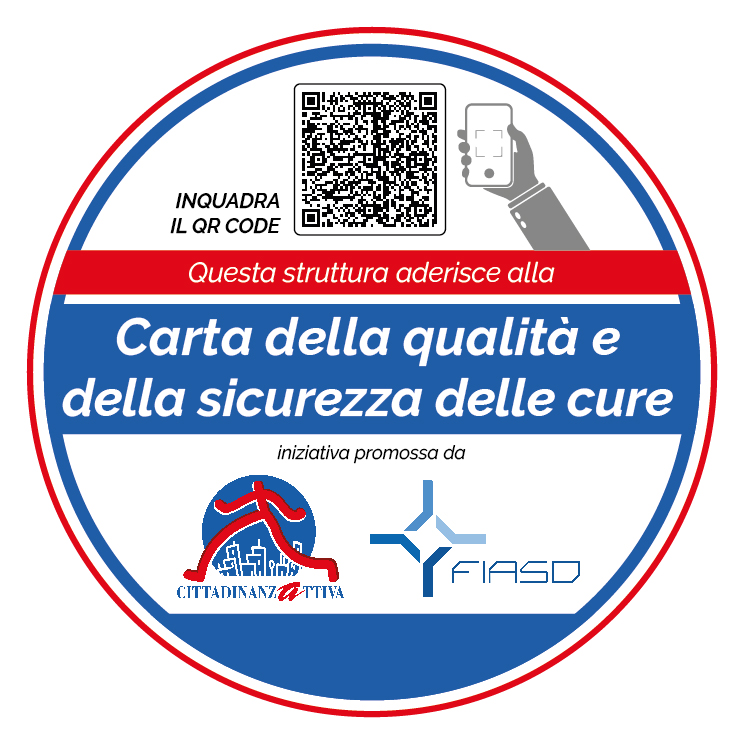ADULT MESENCHYMAL TUMOR
Adult Mesenchymal Tumor
The multidisciplinary sarcoma group at INT is a team that involves many specialties both at a preclinical and at a clinical level. Its clinical and research activities focus on adult soft tissue (STS) and bone sarcomas, as well as gastrointestinal stromal tumors (GIST). In the last 20 years our group has been working on both most frequent (like liposarcoma) and very uncommon sarcoma subtypes (in particular: chordoma, alveolar soft part sarcoma, clear cell sarcoma, DFSP, desmoid, extraskeletal myxoid chondrosarcoma, solitary fibrous tumor, vascular tumor, PEComa, epithelioid sarcoma, PVNS, dendritic sarcoma). The collaboration between different medical specialties, methodologists and basic scientists is instrumental to improve our knowledge on the natural history and biology of sarcoma subtypes, to detect new prognostic and predictive factors, to identify new druggable targets, to develop new medical agents from the preclinical setting to the early and late drug development. To this end the Surgical Sarcoma Unit prospectively collects tissue samples from patients with primary STS for the institutional bio-bank. The unit keeps a prospectively collected database that includes data from approximately 8,000 patients with STS treated since 1990 and regularly followed-up. Blood sample are collected at diagnosis and during follow-up and stored. The Medical Oncology Sarcoma Unit coordinates the Italian Network on Rare Tumors, a collaborative effort among Italian cancer centers, which tries to exploit distant patient sharing in order to improve quality of care and diminish health migration for rare solid cancers. The Unit coordinates the currently ongoing EU Joint Action on Rare Cancers and the Sarcoma domain within EURACAN, the European reference Network on rare adult solid cancers. Finally, the multidisciplinary sarcoma group is involved in several translational research projects in collaboration with the European and extra-European reference centers for sarcoma.
In details, the research activities is directed to:
- improve the knowledge of the natural history and biology of each sarcoma subtype integrating clinical data and molecular analysis/integrated genomics approach;
- develop tools able to better define prognosis of patients with STS and selected best candidates to neoadjuvant / adjuvant treatment and clinical studies;
- translational research on prognostic and/or predictive biomarkers in STS, GIST, rare bone tumors (chordoma, chondrosarcoma, giant cell tumor), mesenchymal locally aggressive tumor (desmoids, giant cell tumor of the tendon sheaths/PVNS, LAM), and malignant peritoneal mesothelioma;
- identify and develop targeted therapy for STS, GIST, rare bone tumors;
- identify histology-driven medical therapy of STS, both in the neoadjuvant and in advanced setting;
- investigate the immune-profile of STS, GIST and bone sarcoma;
- development of new cell lines and xenograft models of selected sarcoma subtypes to investigate the differential activity of new and old drugs and mechanisms for response.














